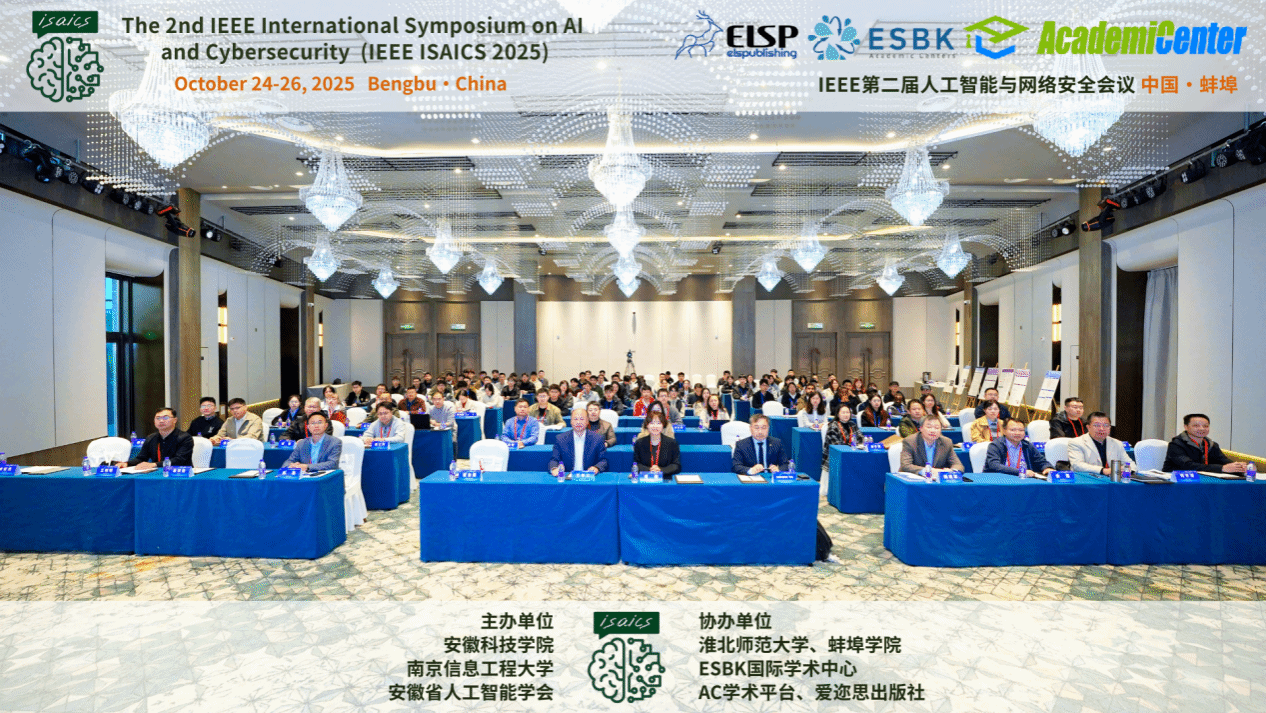通知公告NOTICE 
|
|
|
|
|
|
|
|
|
|
|
|
校园动态DYNAMIC 
- 生物医学与健康学院举办学术报告会暨国... 11-07
- 后勤保障部组织开展美食品鉴周活动 11-07
- 教务处 创新创业学院成功举办大学生创新... 11-07
- 农学院召开期中全体教职工大会 11-07
- 资源与环境学院多措并举开展资助“两节... 11-07
- 农学院召开党支部书记会议 11-07
学术信息SCIENTIFIC 
- 关于做好我校第十届教育部科学研究优秀... 11-04
- 关于做好我校第十届教育部科学研究优秀... 11-03
- 学术报告系列——杨兵兵 11-03
- 学术报告系列——郭九信、谭啸、何莉莉 11-03
- 校学术报告系列—张军学 10-30
- 学术报告系列—刘玉荣、崔浩杰 10-30



















